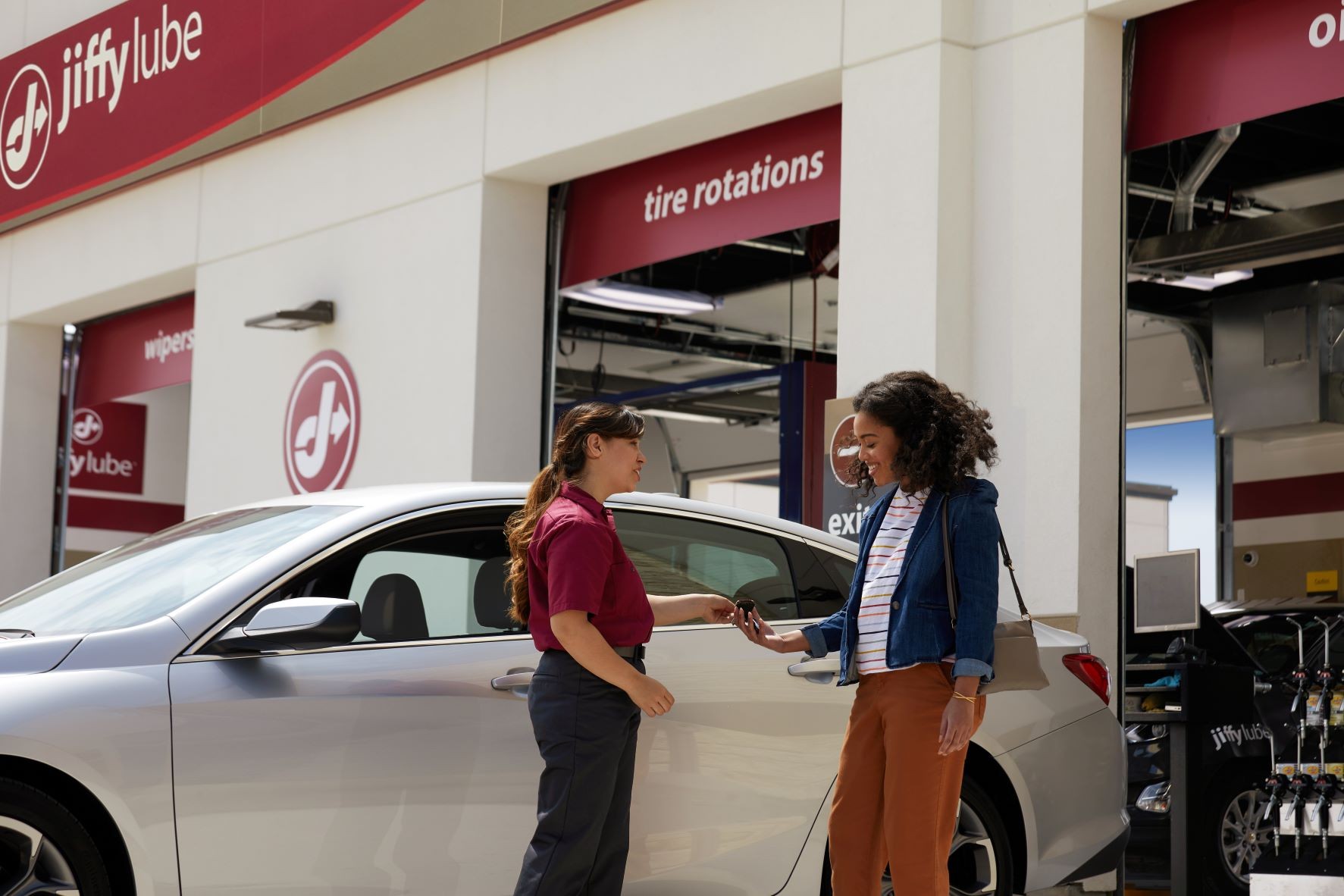Modern vehicles are marvels of engineering, packed with sophisticated computer systems that control everything from the engine to the brakes. When something goes wrong, these systems often provide the first clues through warning lights on your dashboard. This is where car diagnostic testing comes in, helping to pinpoint issues quickly and efficiently. But who does diagnostic testing on cars, and where should you go to get your vehicle checked?
Car diagnostic testing involves using specialized equipment to read the data from your car’s onboard computer. This data, often presented as Diagnostic Trouble Codes (DTCs), can reveal problems within the engine, transmission, exhaust system, brakes, and other major components. Understanding who is qualified to perform these tests and interpret the results is crucial for effective car maintenance and repair.
Types of Professionals Who Perform Car Diagnostic Tests
Several types of professionals are equipped to perform car diagnostic tests, each with varying levels of expertise and service offerings.
Certified Auto Technicians at Service Centers
Dealerships and established automotive service centers like Jiffy Lube employ certified auto technicians who are highly trained in vehicle diagnostics. These technicians have access to advanced diagnostic tools and equipment, along with comprehensive knowledge of various car makes and models.
 Woman talking with a Jiffy Lube technician about her car diagnostic test
Woman talking with a Jiffy Lube technician about her car diagnostic test
When you bring your car to a service center for a diagnostic test, a technician will typically:
- Connect a diagnostic scanner: This handheld device is plugged into your car’s OBD-II port (On-Board Diagnostics II), usually located under the dashboard.
- Retrieve DTCs: The scanner reads and displays any stored Diagnostic Trouble Codes.
- Analyze the data: Technicians interpret the DTCs and other data to identify potential issues and their locations within the vehicle’s systems.
- Recommend further action: Based on the diagnostic results, they will recommend necessary repairs or further inspections.
Service centers often offer a comprehensive approach, combining diagnostic testing with repair services. This can be convenient as you can get both the diagnosis and the solution in one place.
Independent Auto Repair Shops
Many independent auto repair shops also offer diagnostic services. These shops can range from general repair facilities to specialists focusing on particular car brands or systems. The quality of diagnostic services at independent shops can vary, so it’s important to choose a reputable shop with experienced technicians and up-to-date equipment. Look for shops that advertise their diagnostic capabilities and employ technicians with certifications like ASE (Automotive Service Excellence).
DIY Car Owners (with caution)
It is technically possible to perform a basic car diagnostic test yourself, especially if you are comfortable with technology and car maintenance. Affordable OBD-II scanners are readily available for purchase online or at auto parts stores. These scanners allow you to read DTCs yourself.
However, it’s important to understand the limitations of DIY diagnostics:
- Code reading is just the first step: Simply reading a DTC doesn’t provide the full picture. Interpreting the code correctly and accurately diagnosing the root cause often requires expert knowledge.
- Limited equipment: DIY scanners are typically less sophisticated than the professional-grade tools used by certified technicians, potentially missing subtle issues.
- Repair expertise: Diagnosing a problem is only half the battle. Repairing modern cars often requires specialized skills and tools that are beyond the reach of the average DIYer.
While a DIY scan can give you a preliminary idea of what might be wrong, it’s generally advisable to consult with a professional technician for accurate diagnosis and reliable repairs.
When is a Car Diagnostic Test Needed?
A car diagnostic test is a valuable tool in several situations:
- When the check engine light or other warning lights illuminate: These lights are your car’s way of signaling that something is amiss. A diagnostic test can pinpoint the problem.
- When experiencing drivability issues: Symptoms like rough idling, stalling, hesitation, unusual noises, or decreased performance can all warrant a diagnostic test to identify the underlying cause.
- As part of routine maintenance: Some vehicle owner’s manuals recommend periodic diagnostic checks as part of a comprehensive maintenance schedule, helping to catch potential problems early.
Cost of Car Diagnostic Testing
The cost of a car diagnostic test can vary. Basic DTC scans might be offered for free at some auto parts stores as a customer service (always verify beforehand). However, for a thorough diagnostic service performed by certified technicians at service centers or repair shops, you can expect to pay a diagnostic fee. This fee covers the technician’s time, expertise, and the use of specialized equipment.
Keep in mind that the diagnostic test itself is usually a smaller cost compared to any subsequent repairs that may be needed to fix the identified issues. Always ask for a written estimate before authorizing any diagnostic work and clarify what the fee includes.
Why Choose a Reputable Service Provider like Jiffy Lube?
Choosing the right place for your car diagnostic test is important for accuracy and peace of mind. Service centers like Jiffy Lube offer several advantages:
- Trained and certified technicians: Jiffy Lube technicians are trained to perform diagnostic tests and interpret the results effectively.
- Professional-grade equipment: They use up-to-date diagnostic scanners and tools to ensure accurate readings.
- Comprehensive service: Jiffy Lube provides a range of car maintenance services, so if the diagnostic test reveals a problem, they can also offer repair solutions.
- Transparent communication: Technicians will explain the diagnostic findings clearly and provide written estimates for any recommended repairs before proceeding with any work.
By choosing a reputable service provider for your car diagnostic testing, you can ensure that your vehicle is in capable hands, receiving accurate diagnoses and reliable service.
Learn More About Car Diagnostics
To delve deeper into car diagnostic services, explore Jiffy Lube’s Engine Diagnostic Testing Services here. Regular car care, including brake inspections, also contributes to vehicle health. Learn more about brake inspections here. Visit our Resource Center for more valuable car care information. Remember, service availability may vary by location; check with your local Jiffy Lube or jiffylube.com for specific offerings.

